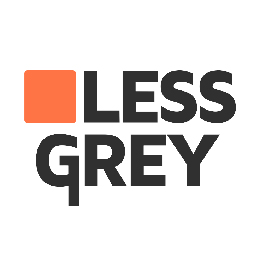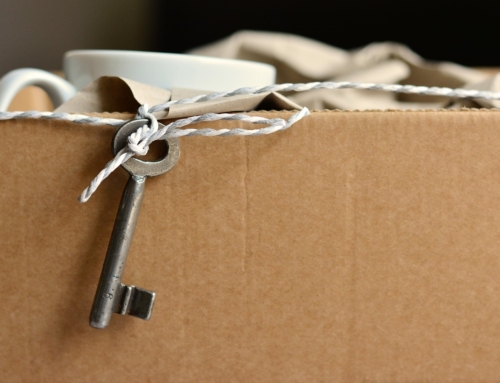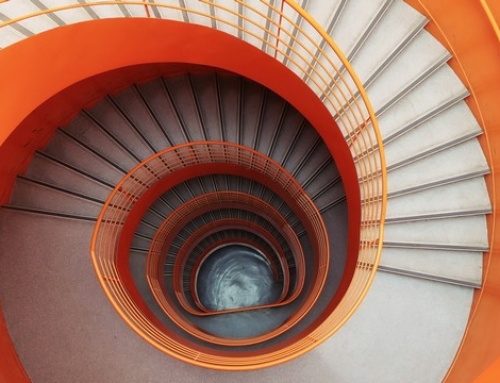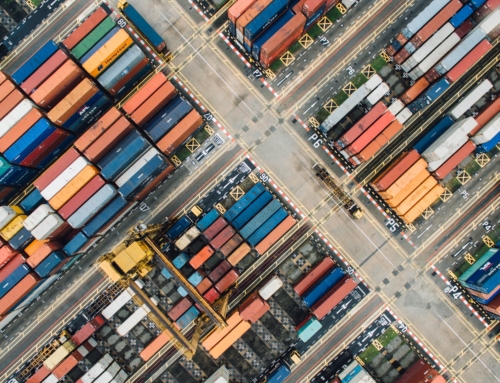Solar panels create VAT opportunities for suppliers and installers
If the introduction of the zero VAT rate on the supply and installation of solar panels for homes goes through as of 1 January 2023, as announced in the Tax Budget 2023 (and why wouldn't it), I think it will create a situation for the first time in the Netherlands where under the VAT system domestic supplies to consumers are taxed at 0% VAT.
It is good to consider the implications for suppliers/installers.
Background
The background to the rate adjustment is that the Dutch government wants to reduce the administrative burden on private individuals. By lowering the VAT from 21% to 0%, private individuals no longer need to reclaim the VAT from the tax authorities when purchasing solar panels. This will save them and the tax authorities work. The government also hopes that the measure will encourage more private individuals to take solar panels.
Points of interest
There are still some concerns for solar panel suppliers.
The delivery and installation will be taxed at 0%. However, the supplier is still entitled to a 100% deduction in respect of all VAT paid by him that relates to the sale of the solar panels. However, because no VAT is charged on the sales, the supplier may end-up in a VAT refund position; there is a cash flow effect. After all, the VAT paid to third parties is recovered on the tax return and actually pre-financed by the supplier.
The supplier can do a number of things to optimize its cash flow position.
Optimization greenhouse throne
A fairly simple measure can be to replace the quarterly return with a monthly return; this reduces the adverse cash flow effect. However, the supplier must request this from the tax authorities.
There are also opportunities for the supplier to reduce the VAT on his purchase of the solar panels. However, this requires some more thinking and actions.
If the solar panels are purchased from a wholesaler that imports them (the vast majority of solar panels are manufactured in China and shipped to the Netherlands), in many cases the wholesaler will use the option to postpone the import VAT due to the VAT return.
The Dutch supplier/installer, in consultation with the wholesaler, can also import the relevant solar panels himself; in that case the wholesaler leaves the importation to the installer and supplies solar panels imported by his customer. In this way, the installer can apply for a licesne to postpone the import VAT due to the VAT return in order to further reduce the adverse cash flow effect.
Import duties
This of course must take into account any import duties and the like, which are due upon importation. Import duties may be payable when importing goods from outside the European Union, depending on the qualification of the goods (CN code), and the origin of the goods. Customs duties are levied on the customs value. If the supplier will import the solar panels instead of the wholesaler, this customs value may differ from the customs value applied by the wholesaler.
(Currently, import duties are 0% on solar panels, with CN code 8541 43, coming from China).
Larger installation companies and solar panel suppliers have an interest in looking at this import route, so that they can make timely decisions on how to mitigate cash flow effects for 2023 and subsequent years. If there is a financial saving to be made, then it is a good idea to apply for the license for postponing the import VAT to the VAT return in a timely manner. Preferably, you should apply for this permit no later than the month of November 2022 to ensure that you can use it from 1 January 2023, onwards.
Want to know more?
We can help you with all your VAT questions. Please feel free to contact us, for example by booking an appointment directly through our website.



